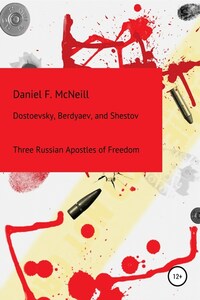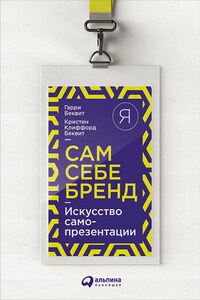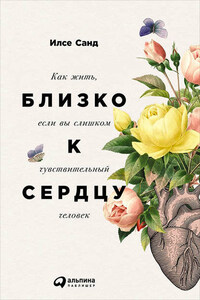Russia geographically is so huge that something inside a Russian feels without limit. No matter how strongly Russians are controlled politically, they still feel that something within them, some sense of themselves that arises freely in their souls, can never be controlled. The soul cries out that it should not be ruled by anything, neither by a power in the outside world nor by some power in the mind. At times something wonderful comes alive in the Russian soul, something infinitely gentle and unworldly. Even when such moments pass, Russians refuse to believe their souls are empty and worthless. This belief gives the soul the strength to endure anything coming at it from the outside world.
Western European values based on materialism and scientific rationality entered Russia in the 18th century. They did not fit smoothly with Russian customs. Tsar Peter the Great imported Italian and French artists and architects to build the city of Saint Petersburg using eighteenth-century technologies. The result was a strange artificial city placed on Russian soil as if from nowhere. Fyodor Dostoevsky, the nineteenth-century Russian novelist, wrote that the Tsar’s city, Saint Petersburg, is “the most abstract and intentional city on the whole terrestrial globe”. The idea that a city could be produced intentionally stuck in Dostoevsky’s mind. If a whole city resulted from a premeditated rational idea, what prevented people in an intentional city from acting intentionally? And if architects could create a city intentionally, why could not he, Dostoevsky, create a novel with a hero who acts only intentionally and refuses to act naturally like those around him?
Let’s follow his young intentional hero through the streets of Saint Petersburg in the 1860s. Where is the young man, Raskolnikov, going? He is on his way to visit a sixty-year-old woman, a pawnbroker. He has visited her before and pawned objects for money. He is dressed negligently and is in need of money. He lives in a very small room, has little means and is thin and poorly nourished. He enters the woman’s apartment and talks with her about how much money she will give him for a watch.
She gives him one rouble and fifteen kopecks but money this day is not his only object. Raskolnikov intends to experiment intentionally with reality rather than let reality experiment with him as do most people. He is going to test Western European rationalistic culture. Such culture exists inside him because he is perfectly capable as are other Petersburg students of acting rationally. It is in fact the easiest thing in the world to be rational and act rationally but something urges him to carry rationality to an extreme, to test how far rationality can go.




